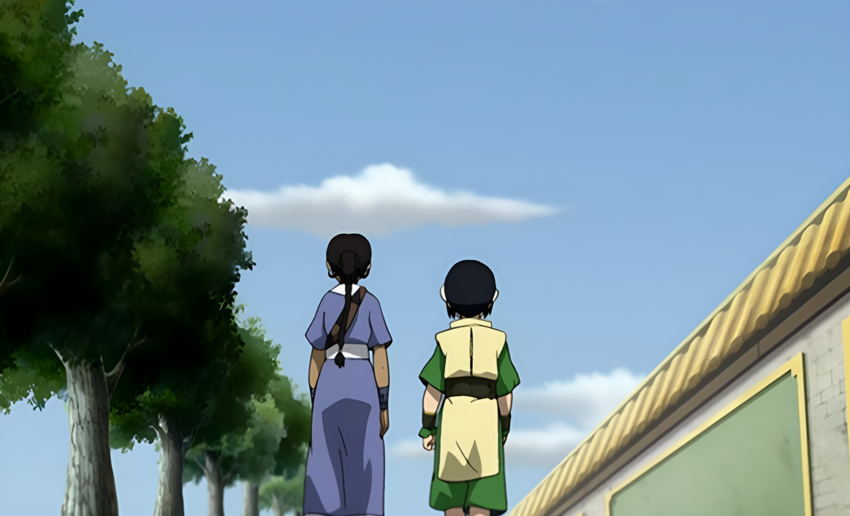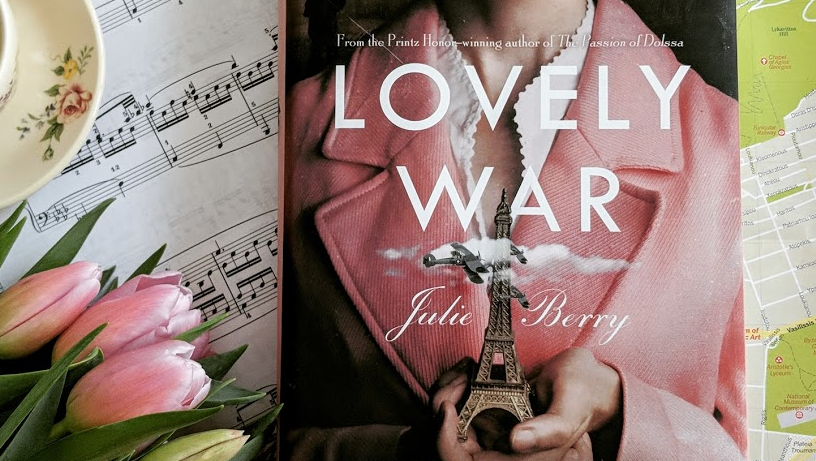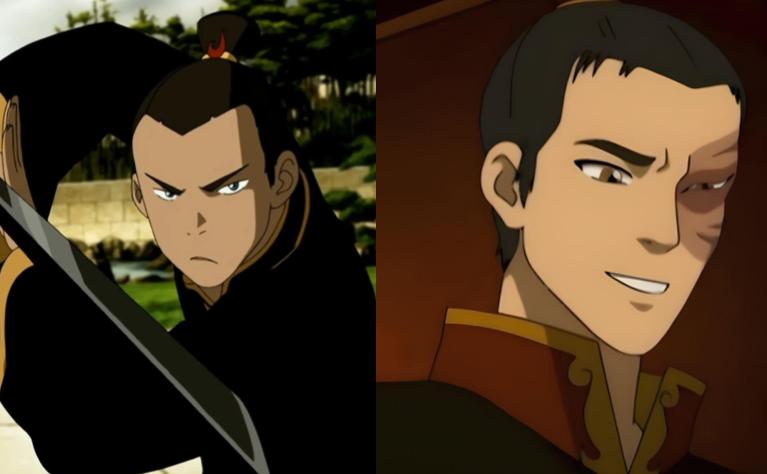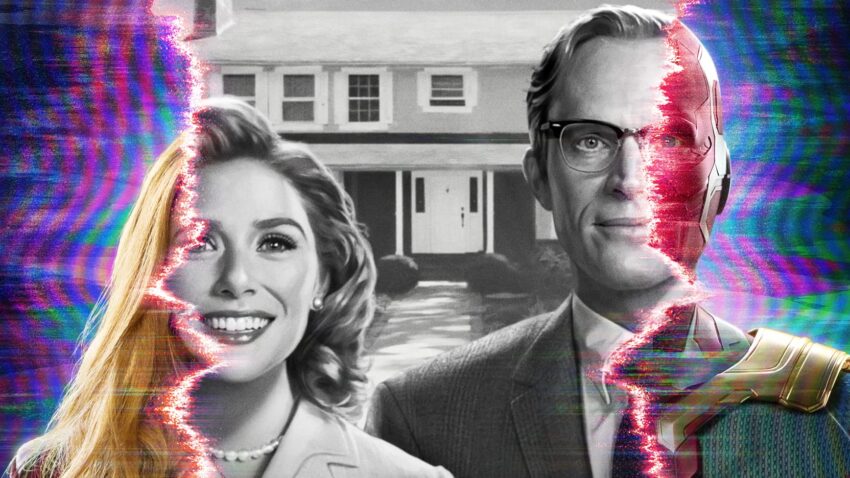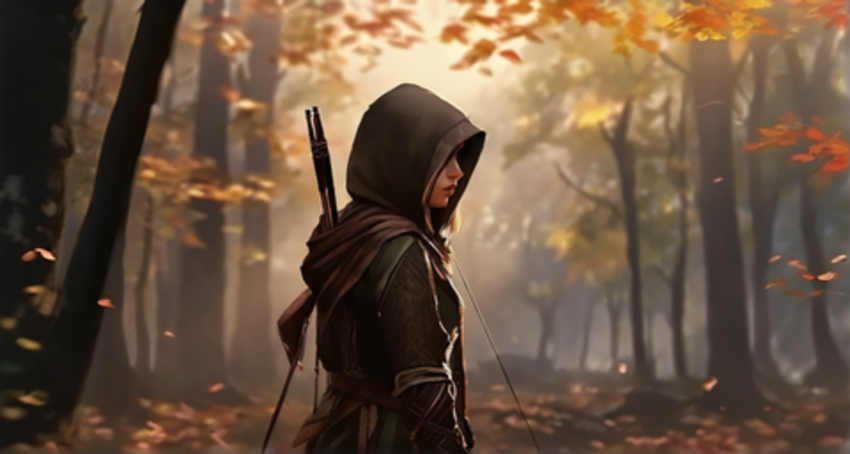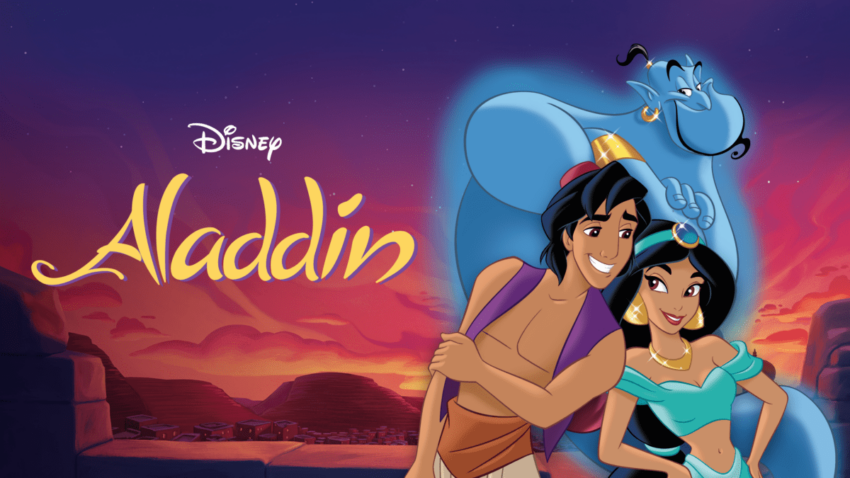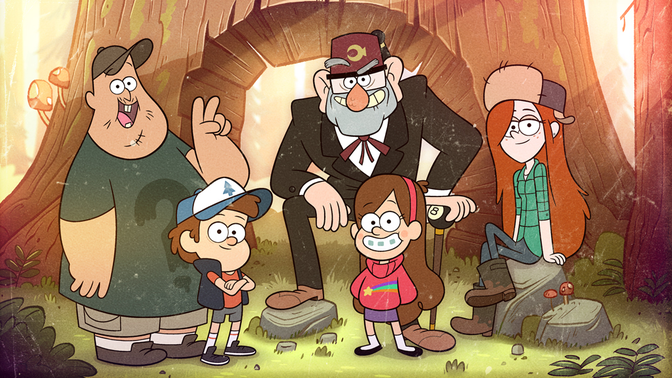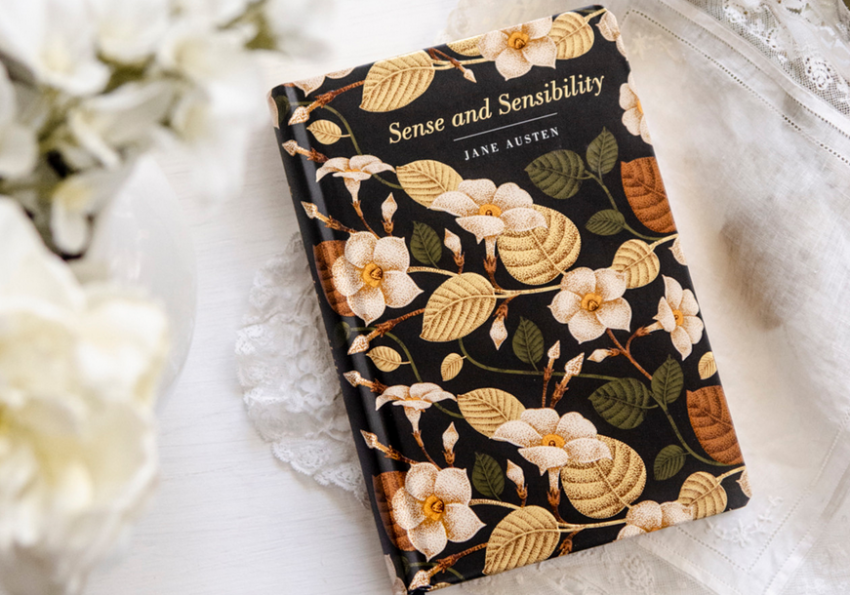Literature is full of characters with traumatic pasts. Whether a family member is dead, they grew up in an abusive environment, or they’ve been exiled from their home, every character seems to have some variety of trauma. Avatar: The Last Airbender is no exception. Katara’s mom was murdered in front of her, Zuko’s father maimed…
Category: Articles
The Tale of Toph and Katara: Three Tips For Writing A Group as Close as the Gaang’s
There are two important dimensions to character relationships. We already looked at one in an article on Age of Ultron, and how you create a group of characters that feels like family by allowing the entire group to interact and play off each other. It’s important to have scenes with your group of characters when…
Lovely War: How to Write a YA Meet-Cute (That Isn’t Annoying)
A meet-cute is critical to any fictional romance, especially a young adult one. It’s the magical moment when your two characters meet for the first time. It’s the scene that gives a reader that first impression of their relationship, and will determine how shippable they are. And whether or not the actual character’s first impressions…
Sokka Vs. Zuko: Two Ways to Execute a Character Arc
Some character arcs are more dramatic than others. They’re the redemption arcs that you’ll never forget. The ones with choices so difficult that you wonder if you’d ever be able to make a choice like that, too. The moments when the characters fail, and it almost crushes you, and then they finally turn and make…
Dear Evan Hansen: Writing a Story that Wrestles with Darkness
Have you ever read a story that feels too dark? Rather than offering goodness or even a clear message about the world, maybe the story was just filled with hopeless event after hopeless event. Maybe it didn’t offer anything aside from an interesting plot or characters, and even those were corrupted by evil and darkness….
WandaVision: Writing Broken Characters as Positive Protagonists
At this point, you’ve probably heard the complaints around modern protagonists and characters in general. Most characters seem to be on a grayscale morally — they make decisions typically only reserved for villains. They have been described as morally broken. Many have complained that there are so few examples of good morality in modern storytelling….
Rowan Hood: How to Deceive Your Readers
We wrote a whole article last year about how writers can generate suspense even when their audience knows exactly what happens next. But while stories where life and death hang in the balance can generate suspense even when the readers know what happens next, many stories are scattered with far less important, much smaller twists…
Aladdin: The “Save The Cat” Moment
One of the best ways to make your character relatable is to give them flaws. They make your characters seem more human and give them something to change by the end of the story. Without them, it is impossible to make drastic character arcs (which Mara talked about last week) and difficult to make your…
Grunkle Stan: The Drastic Character Arc
Early this year, I wrote an article talking about how crucial it is to write characters who balance two, seemingly opposite characteristics. We looked at how powerful those characters can be, and how easily they avoid becoming yet another overused cliche or falling into a tired troupe. But not all characters can balance two opposing…
Sense and Sensibility: The Flat Character Arc
Not all characters have to develop. This can be a little surprising, especially in a time when character development is so emphasized in the literary realm. Please don’t get me wrong. Most of your characters should develop. The majority of them should not be static. I have an article coming about just how awesome writing…


